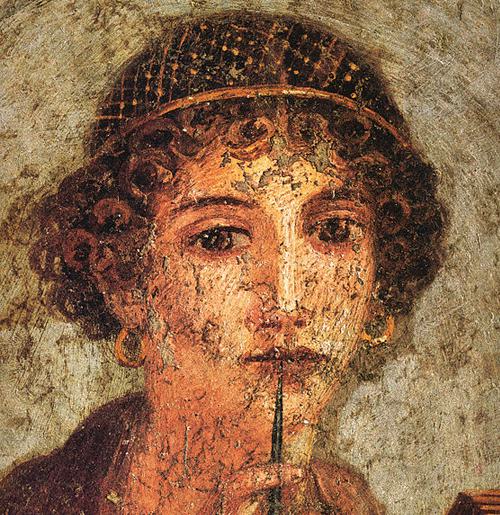Abbie E. Goldberg,
Lesbian and Gay Parents and Their Children: Research on the Family Life Cycle
(American Psychological Association, 2010).
This work is problematic for a variety of reasons. The cover informs us that it is published by the American Psychological Association. According to its former president, Dr Nicholas Cummings, the APA is ruled by political correctness and homosexual ideology, a position that makes it unlikely to publish material that would challenge the current orthodoxy in academic circles. It is therefore not surprising to learn that Abbie Goldberg is not only an assistant professor of psychology but also an active campaigner for homosexual rights.
Goldberg claims that the relationships of committed same-sex couples are no less satisfying than those of committed heterosexual couples. However, it would have been pertinent to mention the high levels of relationship breakdowns experienced by same-sex couples. She claims that lesbian and gay parents are as warm and nurturing as heterosexual parents, and that children of lesbian and gay parents are as well-adjusted psychologically and socially as children of heterosexual parents. Against this, copious research found in psychological and psychiatric journals demonstrates that children do best when living with their biological fathers and mothers.
Goldberg herself admits that boys in father-absent families tend to score higher on a femininity scale than boys in father-present families. Lesbian parents are more likely to be accepting of their male children behaving in feminine ways. Goldberg also accepts that girls brought up by lesbian parents are more likely to be open to same-sex relationships than those brought up by heterosexual couples. It is noted that the children of same-sex couples are more likely to be accepting of the gay lifestyle. While Goldberg is unlikely to endorse the findings of Professor Walter Schumm, whose research demonstrates that the children of homosexual parents are more likely to be homosexual themselves, her findings are at least consistent with Schumm’s.
Some of the studies cited by Goldberg are small-scale studies; there are very few longitudinal studies, and she includes studies with no control groups. Still others are self-report studies, asking parents to rate the psychological health of their children. In contrast, Mark Regnerus asked adults raised by same-sex couples to rate themselves, and concluded that they do worse socially, economically, and psychologically as compared to adults raised in intact, heterosexual family circumstances. Goldberg draws attention to research limitations by noting that, “We must remember that what we know about lesbian and gay-parent families is limited to research that largely references the experiences of white, middle-class families.”
Goldberg’s discussion of gay marriage is of interest. She notes that many homosexuals reject gay marriage on the grounds that it might demonize “non-married gays as the bad gays.” Others reject marriage because they see it as oppressive and unequal, and still others favour the abolition of marriage altogether, for themselves and for heterosexuals. Goldberg writes that the “possibility that same-sex marriage would create a greater polarization of wealth and poverty within the gay community has been cited as a major reason for why gay equality advocates should abandon their efforts on behalf of same-sex marriage....”
Goldberg has claimed that the right of same-sex couples to have children should be seen as a civil right irrespective of the research findings. In a certain sense, she might be the first to claim the irrelevance of her own work.
Dr Pravin Thevathasan is a consultant psychiatrist. He is the author of several articles on medical ethics and mental health in relation to Catholicism.



